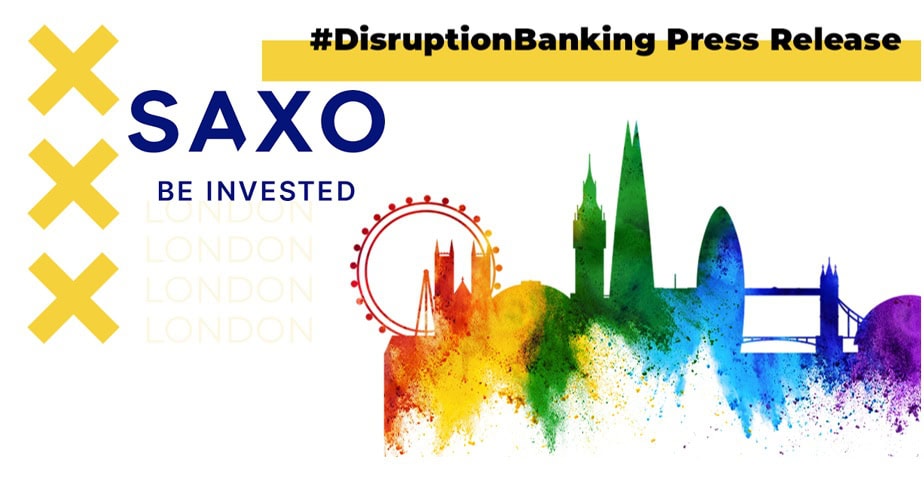Research conducted by global cryptocurrency consultancy firm Chainalysis has showed that cryptocurrency adoption in Sub-Saharan Africa continues to grow rapidly, despite volatility on crypto markets and sharp depreciation in valuations across the board.
Our newest Geography of Cryptocurrency Report preview is here! Read to learn what drives crypto adoption in Sub-Saharan Africa and how recent regulatory developments have impacted usage. https://t.co/bN0cleLhsD
— Chainalysis (@chainalysis) September 19, 2023
According to Chainalysis’ data, Bitcoin is more dominant in Sub-Saharan Africa than in any other region, taking up the largest share of transaction volume at 9.3%. The disproportionate uptake of Bitcoin could partly be attributed to the perception of Bitcoin as a counter-inflationary store of value. Advocates of the world’s largest cryptocurrency have long argued that Bitcoin can serve as a hedge against inflation because it has a fixed, limited supply and therefore cannot be devalued through quantitative easing or inflation in the same way as fiat currencies.
While inflation has been a global problem over the last year or so, many African countries are suffering from particularly high levels of inflation and are therefore turning to “digital gold” as a result. In Ghana, for example, inflation reached 29.8% in June 2022 – incentivising almost a fifth of the population to own crypto. In Nigeria, inflation is currently running at over 24%, with some 22 million people in the country estimated to own and use crypto. Similar trends can be seen in Kenya, South Africa, and many other African countries.
What is interesting is that the numbers are likely to be bigger than the official estimates provided. A major chunk of crypto trading on the continent takes place on informal peer-to-peer (P2P) and over-the-counter (OTC) markets, rather than the major centralised exchanges such as OKX. Adedeji Owonibi, Founder and Chief Operating Officer at Convexity, a blockchain consultancy firm based in Abuja, told Disruption Banking that Nigeria has seen an inflow of over $60 billion in crypto over the last year – and up to half of that could be through informal markets.
Nigeria crypto usage growing further, report says https://t.co/U99wN6Wk5c pic.twitter.com/kbVN77qTyx
— Reuters (@Reuters) September 19, 2023
“We have seen an inflow of over $60 billion in cryptocurrency into Nigeria, albeit without government visibility. Of the $60 billion, I would estimate that local exchanges are doing about $5-10 billion, Binance and international exchanges doing $15-20 billion, and $20-30 billion in WhatsApp, P2P, and OTC markets,” he said.
Owonibi suggested that the Nigerian government and central bank, and indeed their counterparts around the world, should try to “extract value” from the financial activity taking place on these informal markets rather than seeking to wish them away or ban them.
“I would encourage the Nigerian government to extract value by empowering local exchanges by licensing them and integrating them with the banking services, as opposed to banning them, imposing some sort of commitments of traders (COT, and doing end-to-end fraud prevention,” he said. “Otherwise, all transactions will end up on the P2P shadow market.”
There have been some encouraging signs that regulators in Africa could be moving in this direction. In 2022, the Financial Sector Conduct Authority (FSCA) announced a new licensing regime for crypto businesses and also declared that cryptoassets are financial products. This official pronouncement offered greater legal clarity to the use and trade of crypto, while giving law enforcement better tools to fight malpractice – and perhaps helped the government to “extract value” from crypto activity. The Central Bank of Kenya (CBK) has taken similar steps towards liberalisation on crypto issues, including exploring the possibility of implementing a CBDC.
South African financial regulator: crypto platforms must be licensed in 2023 https://t.co/XSd3FpyoJD pic.twitter.com/x7WFPSKScG
— Reuters Africa (@ReutersAfrica) October 20, 2022
Further regulatory clarity would certainly be welcome in African markets as consumers on the continent tend to be using crypto for practical, rather than speculative, reasons. Crypto is widely seen as a way to solve the deep-rooted problems associated with citizens’ limited access to the formal banking system and poor financial inclusion.
Digital assets have an important role to play in Africa in particular for cross-border remittances and for the transfer of funds in a region where banking services have traditionally been steeply priced. Volatility on crypto markets, of the kind seen over the past twelve months or so, are not especially significant because users tend to cash in and out quickly in order to fulfil a specific purpose.
As long as crypto is able to fill the gap left by the failures of legacy finance, it is likely that consumers in markets across Africa will continue to turn towards the potential of decentralised finance. Regulators and governments across the continent would be well advised to consider how best to use crypto to widen financial inclusion and boost broader economic growth.
Author: Harry Clynch
#Africa #Crypto #DigitalAssets #FinancialInclusion















